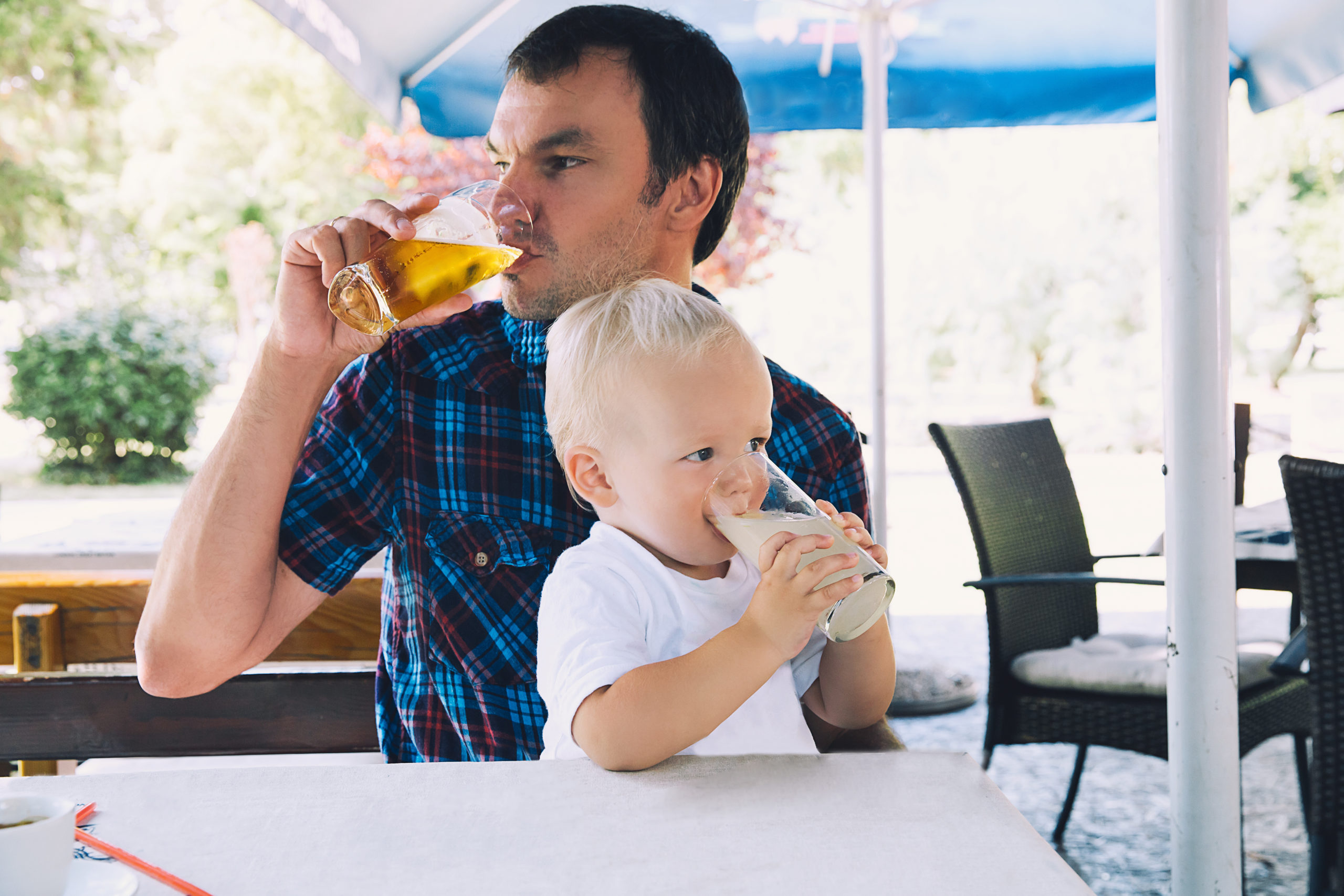We’ve all heard the saying that “a little sip of alcohol doesn’t hurt anyone” and, often times, the phrase is applied to children. It is actually not that uncommon for a parent to let a juvenile “try out” a taste of beer or wine at the dinner table. Well the truth of the matter is, those harmless sips can have serious alcoholism repercussions; according to data released from a new survey.
Yahoo News recently published an insightful article which linked binge drinking to early exposure to alcohol. Based on research gathered from The Journal of Drug and Alcohol Dependence, there were direct correlations between the two (which increased significantly depending on how much booze a child had been exposed to).
The research, which was gathered in Australia, analyzed questionnaires from 1,910 students; ranging in age from elementary school to college. The study lasted approximately seven years and followed the behaviors of a select group of schoolchildren as they aged.
Lead author Alexandra Aiken spoke to Yahoo about the results, which she believes should be a stern warning to parents. She also emphasized that this data contradicts popular beliefs that early exposure alcohol can prevent drinking tendencies later in life.
“Whilst many parents may supply sips of alcohol to their underage children as a harm reduction strategy, results shows that supply of sips exists on a continuum of increasing risk of adverse outcomes,” Aiken explained. “Parental supply of sips in one year was associated with increased risk of binge drinking and alcohol-related harms a year later, compared with no supply. As the quantity of alcohol supplied increased, so too did the risk of adverse outcomes.”
Typically the “sipping” exercise is supervised and, in the minds of many parents, used as a way to deter alcoholism. One common belief is that the sour taste of hard liquor or beer would turn children off and, in a sense, “traumatize” them away from heavy drinking later. The reality, though, showed that kids permitted to sip at the dining table were 85 percent more likely to turn to binge drinking (particularly during their adolescent years).
Sadly, alcoholism is very much a genetic disease and early exposure may actually trigger those urges at a younger age. Our advice has always been to keep alcohol away from children and teens at any cost. As the evidence clearly shows, even a “harmless sip” can have very dangerous consequences.







